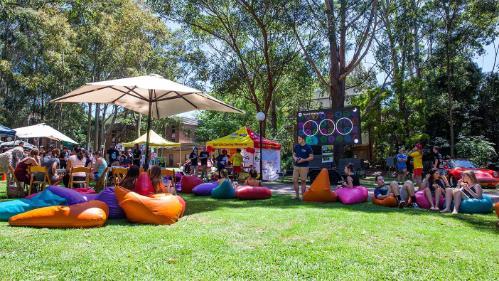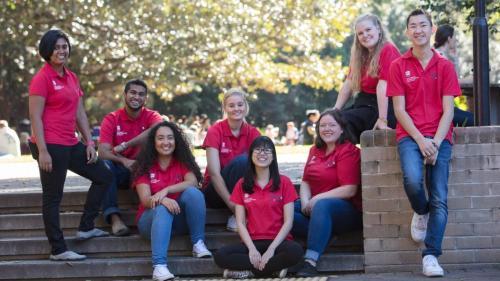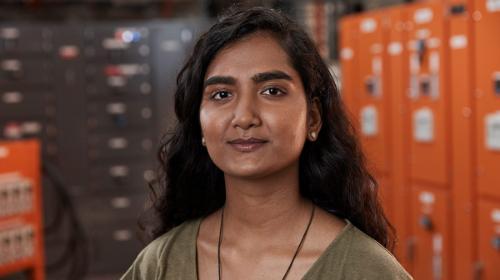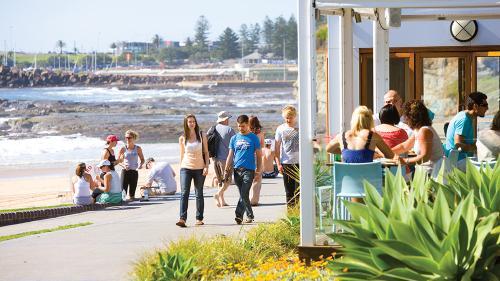I've always been passionate about geology and earth science, and learning about nature. In geology we actually have quite a lot of practical experiences. I think half the degree is practical work. One of the best practical experiences I think was going out to Flinders Ranges for two weeks and doing some mapping and hiking and identifying rocks and relationships. It was actually a fantastic experience –a once-in-a-lifetime experience I would say. The practical learning experiences are vital for geology, especially because you need to see the rocks in the field as they are. It really helps solidify that knowledge. It's an experience you can't get in a classroom.
Hands-on is everything in this industry. Getting your hands dirty, actually touching the rocks, understanding the processes, being able to take a concept in class, going out to the field without knowing anything about it. Taking those particular concepts to understand processes and then taking that information back to a lab to confirm that.
I get a lot of satisfaction out of understanding how things work on a really small scale and that's what biology allows you to do and so for me biology was a way of tying that curiosity about how the world works with understanding how the human body works, and also improving health outcomes at the same time. You really sink your teeth into what it's like to be a scientist, also how to investigate things independently, how to design and execute an experiment from start to finish and then also what to do with the knowledge you've gained from those experiments.




